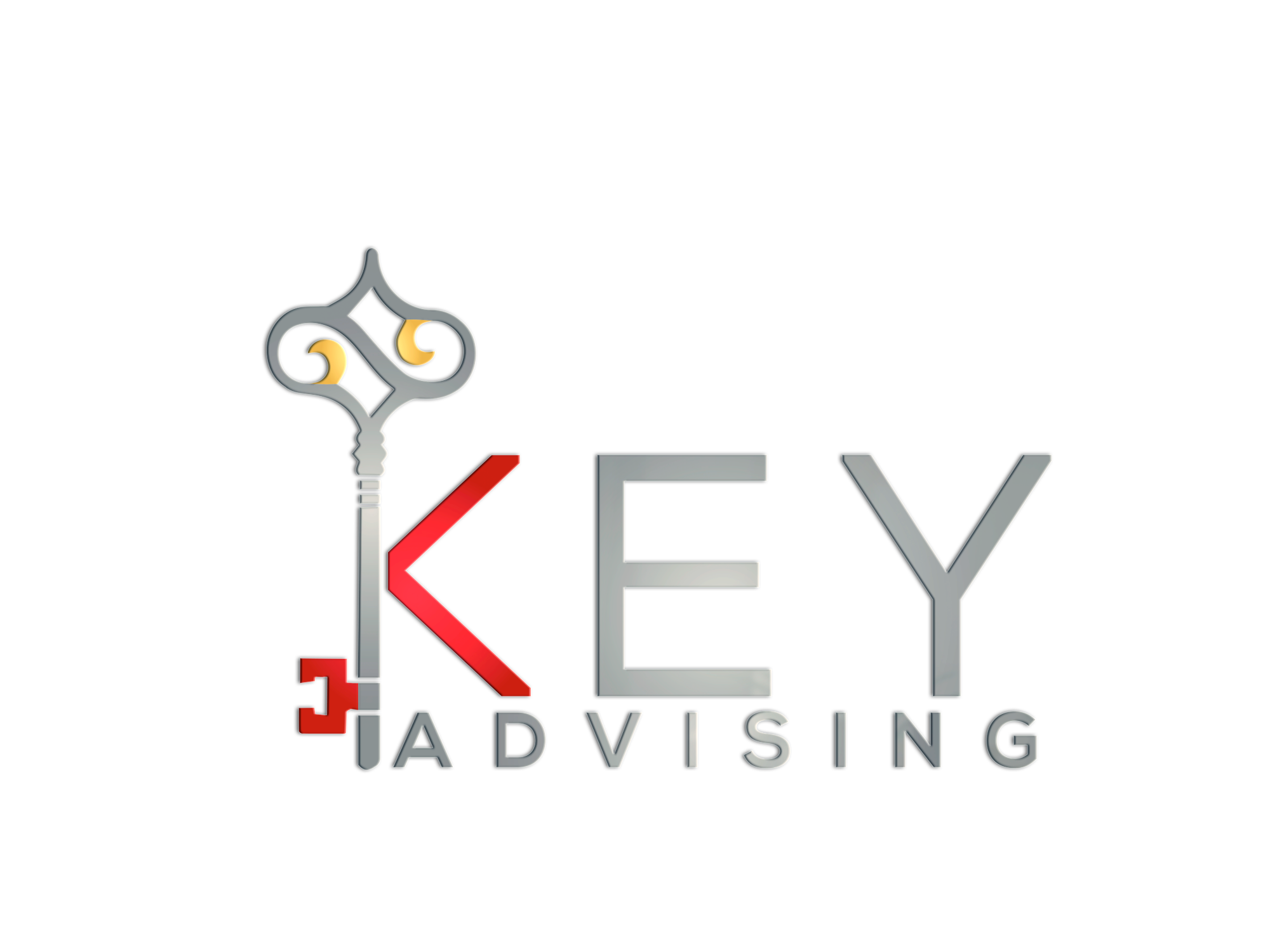In the realm of business, the adage “strength in unity” holds true, especially during turbulent times like a recession. The power of synergy, the combined strength of multiple elements working seamlessly together, can be a game-changer. In this blog, we will delve into the remarkable impact of integrating financial services—bookkeeping, accounting, and remote CFO services—on your business’s ability to not just survive but thrive during economic downturns.
Chapter 1: Holistic Financial Insight
A 360-Degree View of Your Finances
The integration of financial services offers you a comprehensive view of your financial landscape:
- Data Synthesis: By bringing together data from bookkeeping, accounting, and remote CFO services, you gain a more accurate and holistic understanding of your financial health.
- Informed Decision-Making: Armed with a complete financial picture, you can make strategic decisions based on data and insights rather than guesswork.
- Real-Time Analysis: Integration allows for real-time analysis of financial trends, enabling you to adapt swiftly to changing economic conditions.
Chapter 2: Agile Strategy Development
Pivoting with Precision
An integrated approach to financial services empowers agile strategy development:
- Cross-Functional Insights: Collaboration between bookkeepers, accountants, and remote CFOs ensures that your strategies are informed by diverse perspectives.
- Scenario Planning: With access to data from various sources, you can simulate different scenarios, assessing their impact on your business and planning accordingly.
- Risk Mitigation: Integration enables proactive identification and mitigation of financial risks, protecting your business against unforeseen challenges.
Chapter 3: Enhanced Financial Resilience
Building a Strong Foundation
Integration strengthens your business’s financial resilience:
- Operational Efficiency: Streamlining financial processes reduces redundancy and maximizes efficiency, saving time and resources.
- Strategic Allocation: With a unified financial strategy, resources can be allocated strategically to bolster areas that need support.
- Adaptive Capacity: Your business becomes more adaptable, able to pivot quickly in response to changing market dynamics, ultimately fostering long-term resilience.
Chapter 4: Streamlined Communication
Coordinated Collaboration
Integration facilitates seamless communication and collaboration:
- Transparent Reporting: Access to integrated financial reports ensures everyone in your organization is on the same page, promoting transparency and accountability.
- Data-Driven Meetings: Meetings with stakeholders, investors, and management become more productive when all parties have access to unified financial data.
- Efficient Problem-Solving: In times of crisis, integrated financial services enable faster problem identification and resolution, reducing downtime and losses.
Chapter 5: Future-Proofing Your Business
Prepared for Whatever Lies Ahead
Integration not only equips your business to thrive in the present but also prepares it for future challenges:
- Scalability: As your business grows, integrated financial services can scale with you, ensuring continuity in financial management.
- Adaptive Innovation: Your business can adapt to new technologies and practices more easily, staying ahead of the competition.
- Sustainable Success: The integration of financial services positions your business for sustainable success, even in the face of economic uncertainty.
Conclusion
In a world where business resilience is paramount, the synergy of integrated financial services—bookkeeping, accounting, and remote CFO services—is the ace up your sleeve. This approach offers a holistic view of your finances, fosters agile strategy development, enhances financial resilience, streamlines communication, and future-proofs your business. By harnessing the power of integration, your business can not only weather storms but also emerge stronger, more adaptable, and ready to seize opportunities in any economic landscape



